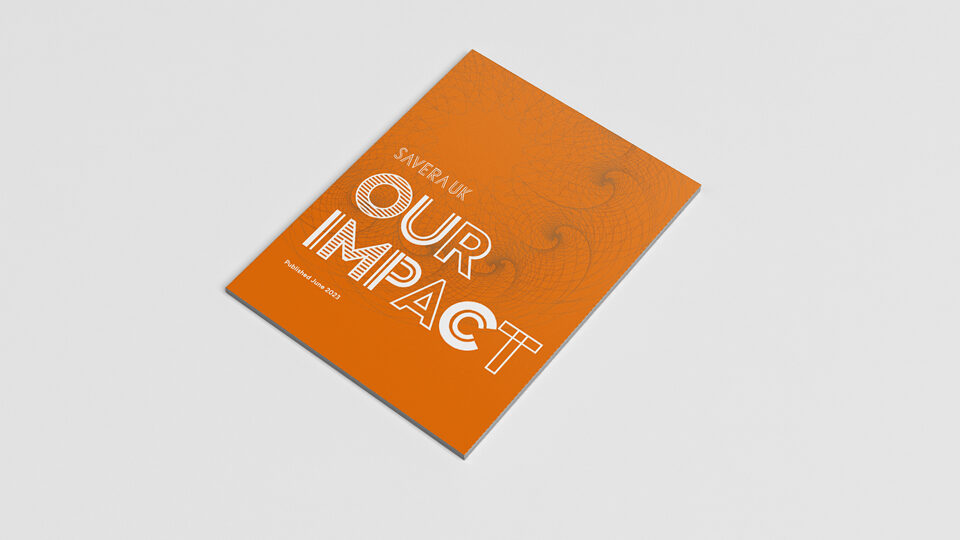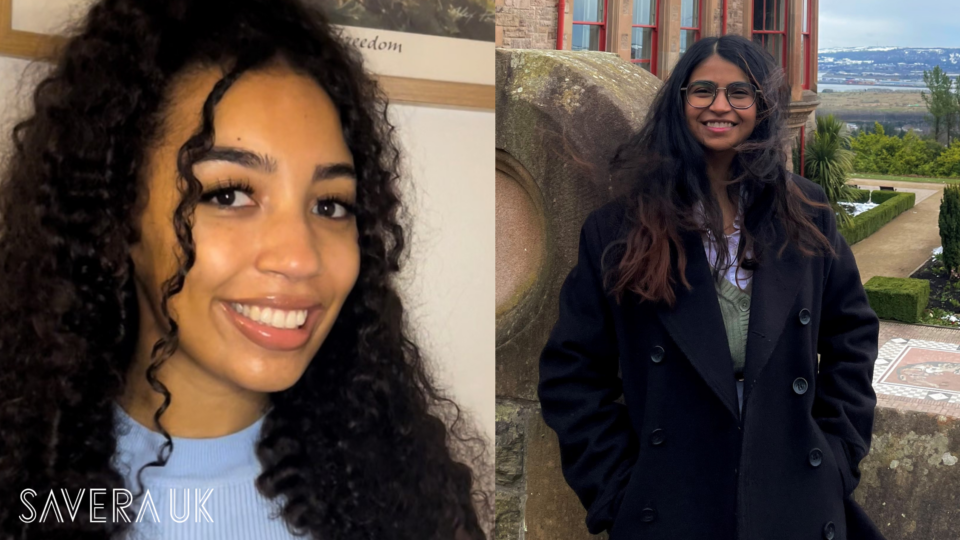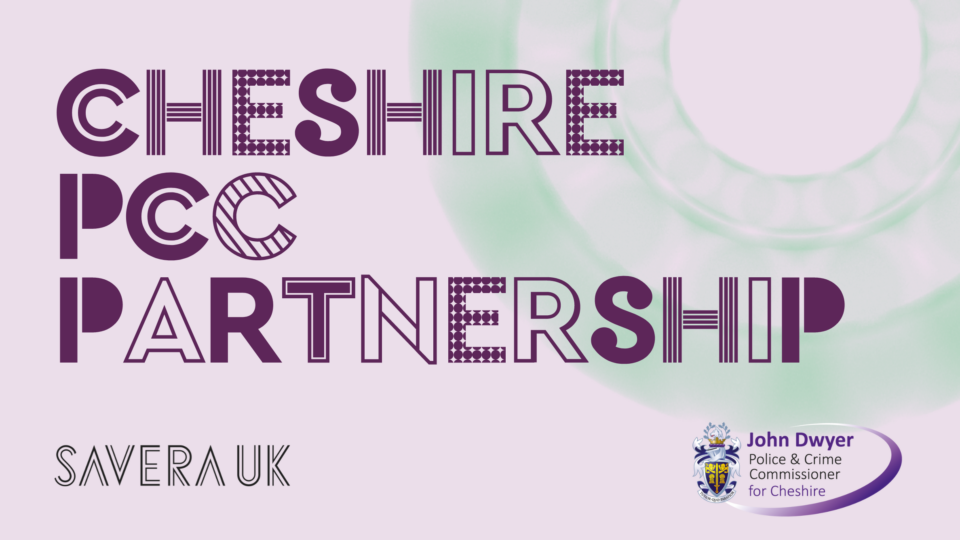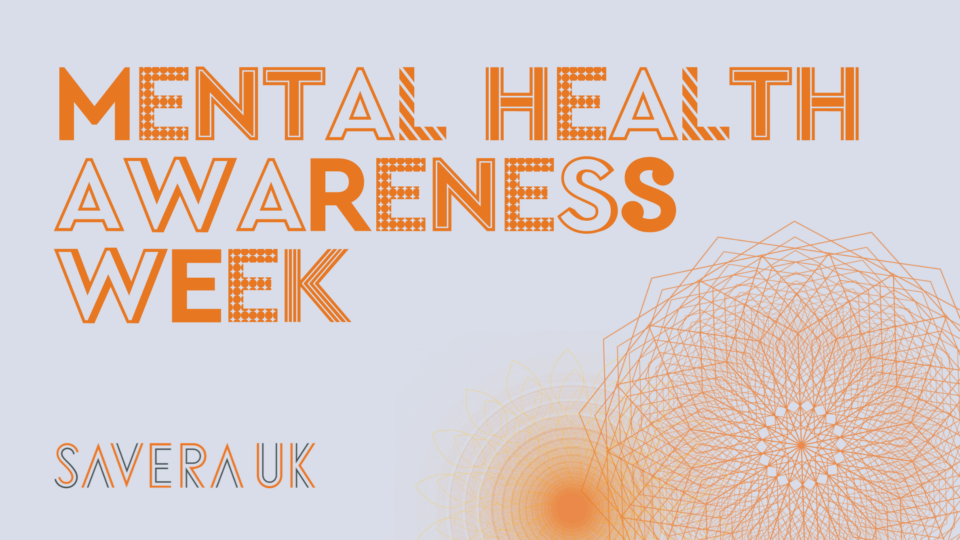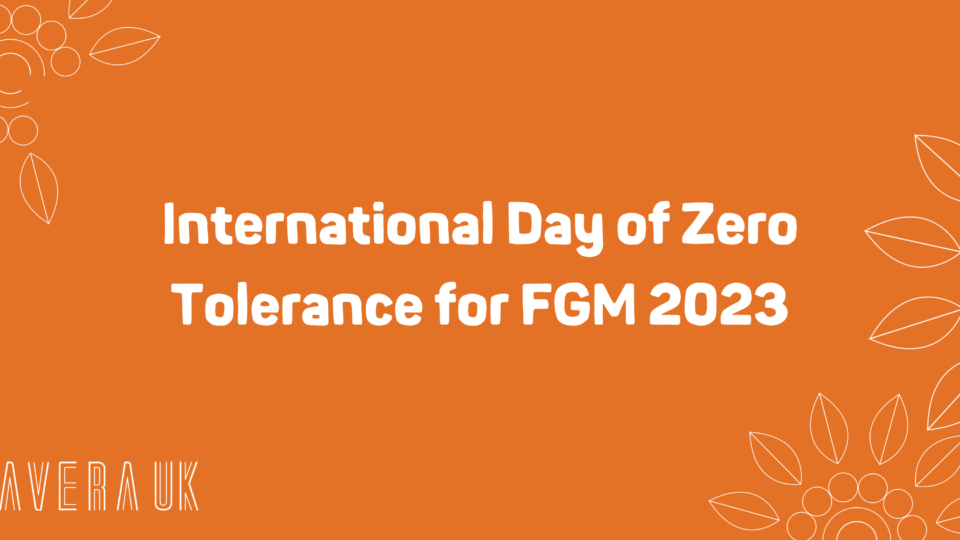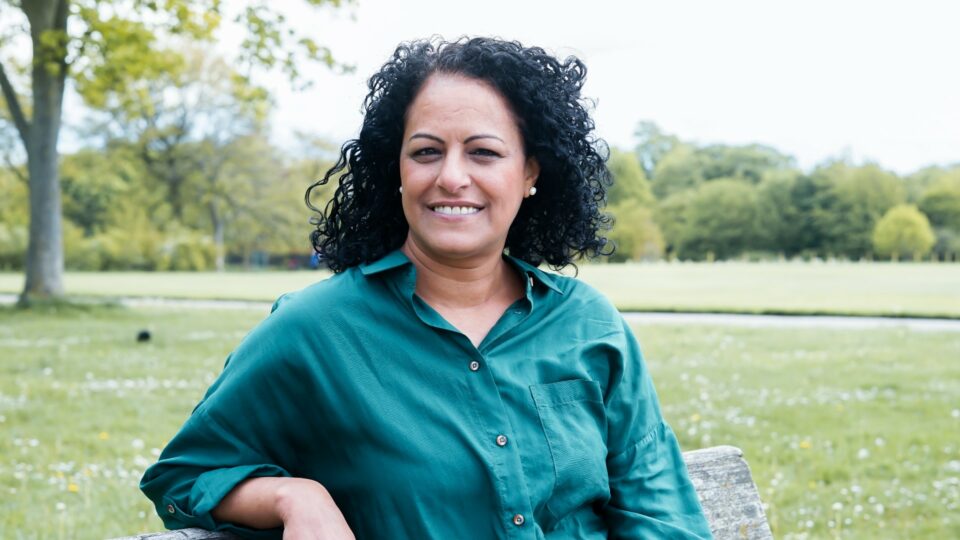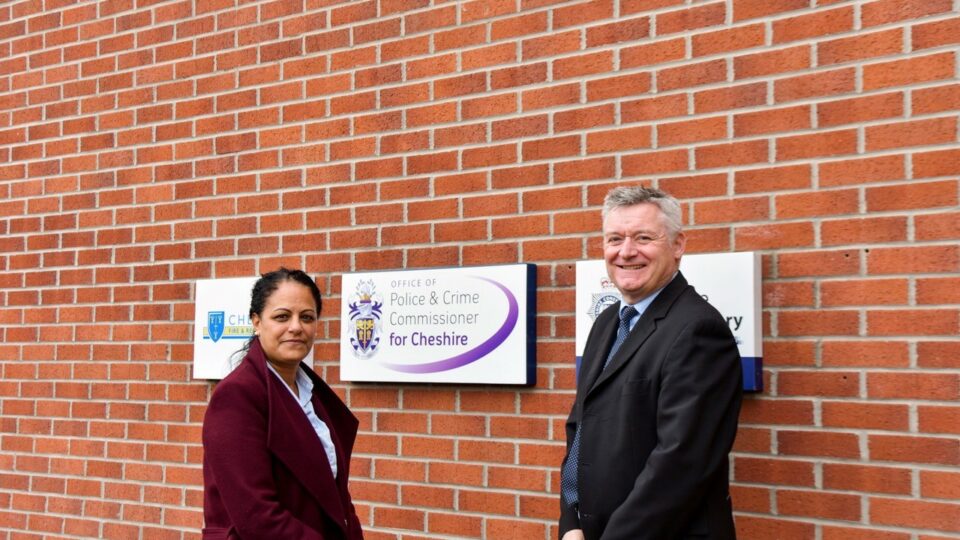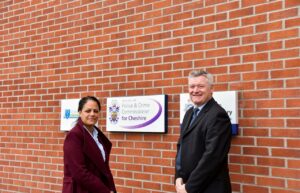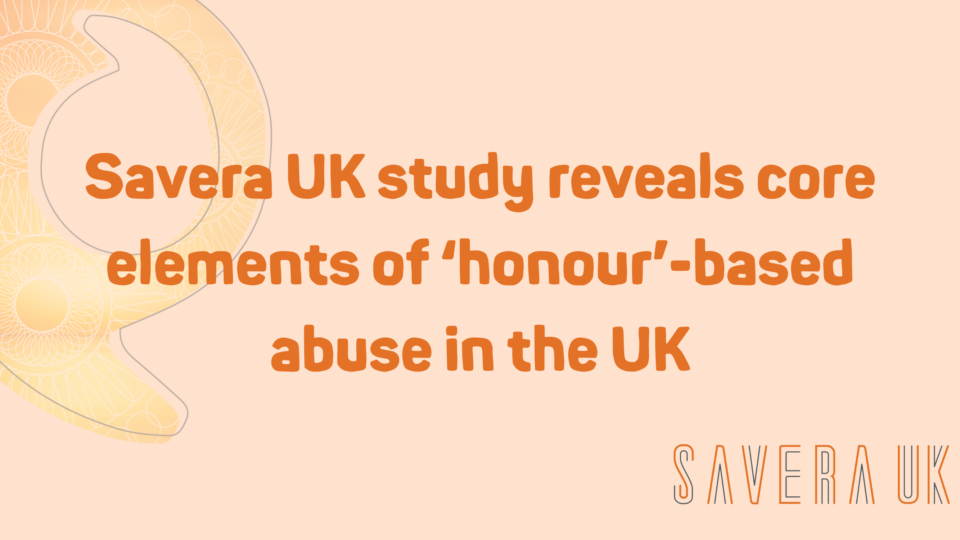At Savera UK, students are regularly welcomed as part of university placements. Here they learn about the work the team is doing to end ‘honour’-based abuse (HBA) and harmful practices and how the organisation operates.
Between February and May we were joined by Fortune, who is studying a Masters in Social Work at Liverpool Hope University. Read about her experience with us below!
Hi Fortune! How did you first hear about Savera UK?
The university introduced me to Savera UK for placement, best thing ever!
What has your day-to-day role been like?
My daily routine included working directly with Savera UK clients, who are at risk of HBA and harmful practices. This involved advocating for them and checking on their emotional and welfare needs, making sure that needs were met on time. I would refer and signpost clients to other relevant organisations where necessary and share information with other professionals to find the best solutions for clients’ specific needs, and to reduce risks caused by HBA and harmful practices.
Of all your tasks, which has been your favourite?
Advocating for clients and meeting their emotional needs has been the most exciting task for me. It gave me joy and satisfaction to know that I have been positively impacting people’s lives and making a difference. This has helped me to promote social justice, anti-oppressive and anti-discriminatory practices that liberate people from all forms of abuse and give them independence and safety in life.
What were some of the more challenging aspects of the role?
Dealing with people from diverse backgrounds requires highly sophisticated communication and interpersonal skills. This is because each client has a different set of needs that requires a unique problem-solving approach. There is no universal mechanism to solve people’s problems, there is need to come up with person-centred specific solutions to solve these problems. This challenges the support worker to think outside the box and apply different theories and methods to help the people in need.
What can be done to help with those difficulties?
Savera UK has made and is on a mission to continue make a huge impact in people’s lives. What the organisation has done and is still doing can never be taken for granted, so it is recommended that the organisation keeps on doing the amazing work.
What has been aspect of the role that has surprised you the most?
I was surprised with the fact that Savera UK is just an amazing team of very humble and professional people. The treatment I got made me feel welcomed, warm and that I was part of an amazing family. They valued my contributions, ideas and also trusted my ability to hold cases and offer a 1-1 service to clients. The team is amazing, full of people with positive energy and love. I have never found myself struggling because everyone was ready to guide, assist, review and help me in the most amazing ways.
Did your placement at Savera UK live up to the expectations you had before starting?
To say expectations were met is an understatement; I have been equipped for Social Work practice, I have gained sophisticated knowledge and skills on how to work with clients from diverse backgrounds. I have been exposed to the most challenging and yet exciting Social Work experiences. I am very proud of the Savera UK team because they focus on the core aspects of diversity, social justice, anti-oppressive and anti-discriminatory practices.
What will be your main takeaway following your placement with us?
Everything, just everything I have been exposed to for the past 70 days; multi-agency working, professionalism, empathy, dealing with diversity, understanding the needs of the clients and carrying out risk assessments, all forms of HBA and harmful practices. I have gained unquestionable skills and experience during this placement and that will help shape my future practice.
What do you think is the biggest challenge for charities supporting those at risk of harmful practices?
The biggest challenge for charities in offering advocacy and emotional support to those at the risk of harmful practices is that in most cases these harmful practices are embedded in long-standing and ancient cultural practices, which many people and communities have accepted to be part of their daily norms. It requires more effort and resources to educate the people on how these practices are an infringement to human rights and how important it is for people to abandon such practices and liberate themselves or their loved ones. Another challenge is that it may be difficult for other professionals or agencies to fully accept or recognise the work of the charities that help those at the risk of harmful practices. Sometimes there is lack of understanding of these harmful practices and how detrimental are to those at risk.
How can this be overcome?
We must continue to educate the communities and individuals about how harmful some cultural practices can be while carrying out aggressive awareness campaigns into schools and communities so that most people are equipped with the appropriate knowledge on how to tackle such problems should they face them. There is need to seriously keep on engaging with other professionals and agencies to make sure that information sharing is prioritised and there are clear communication lines on what exactly needs to be done by all.
What are your plans for the future?
My plan for the future is to continue with Social Work practice and to continue to safeguard and advocate for those at risk of, and survivors of, HBA and harmful practices.
What did you enjoy the most about your time at Savera UK?
I have enjoyed every bit of it. I have loved working with humble, professional and supportive people. They have made my 70 days ecstatic and short. I could not ask for anything more, the team is amazing and very rich in knowledge of HBA and harmful practices. They know what needs to be done, when and how. Thank you very much Savera UK, for your warmth and support, you have equipped me with professional knowledge no one can take away for me. I am very proud of and have so much respect for you. Wishing you great exploits all the time!

